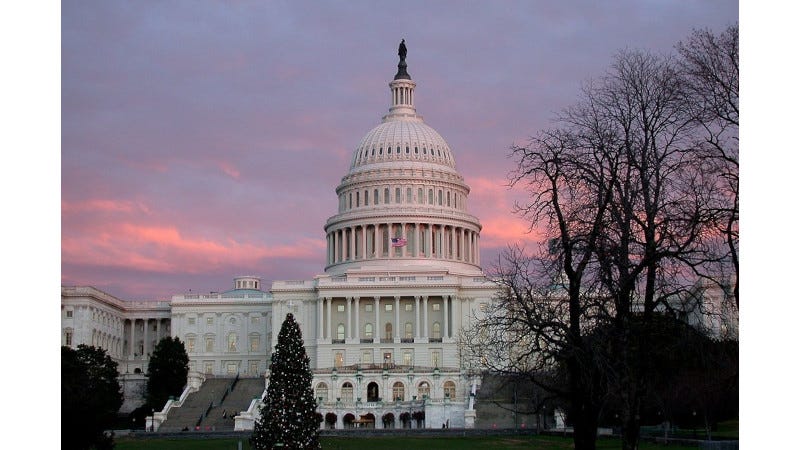Senate Bill Introduced to Make Space Traffic Safer
Legislation Would Improve Space Traffic Coordination in Low-Earth Orbit, Reduce Congestion
The U.S. Senate has been doing something other than confirming President Trump's cabinet nominees. A bi-partisan group of senators has reintroduced the Situational Awareness of Flying Elements in (SAFE) Orbit Act, which would encourage the development of commercial space capabilities by directing the Office of Space Commerce (OSC) within the U.S. Depart…




